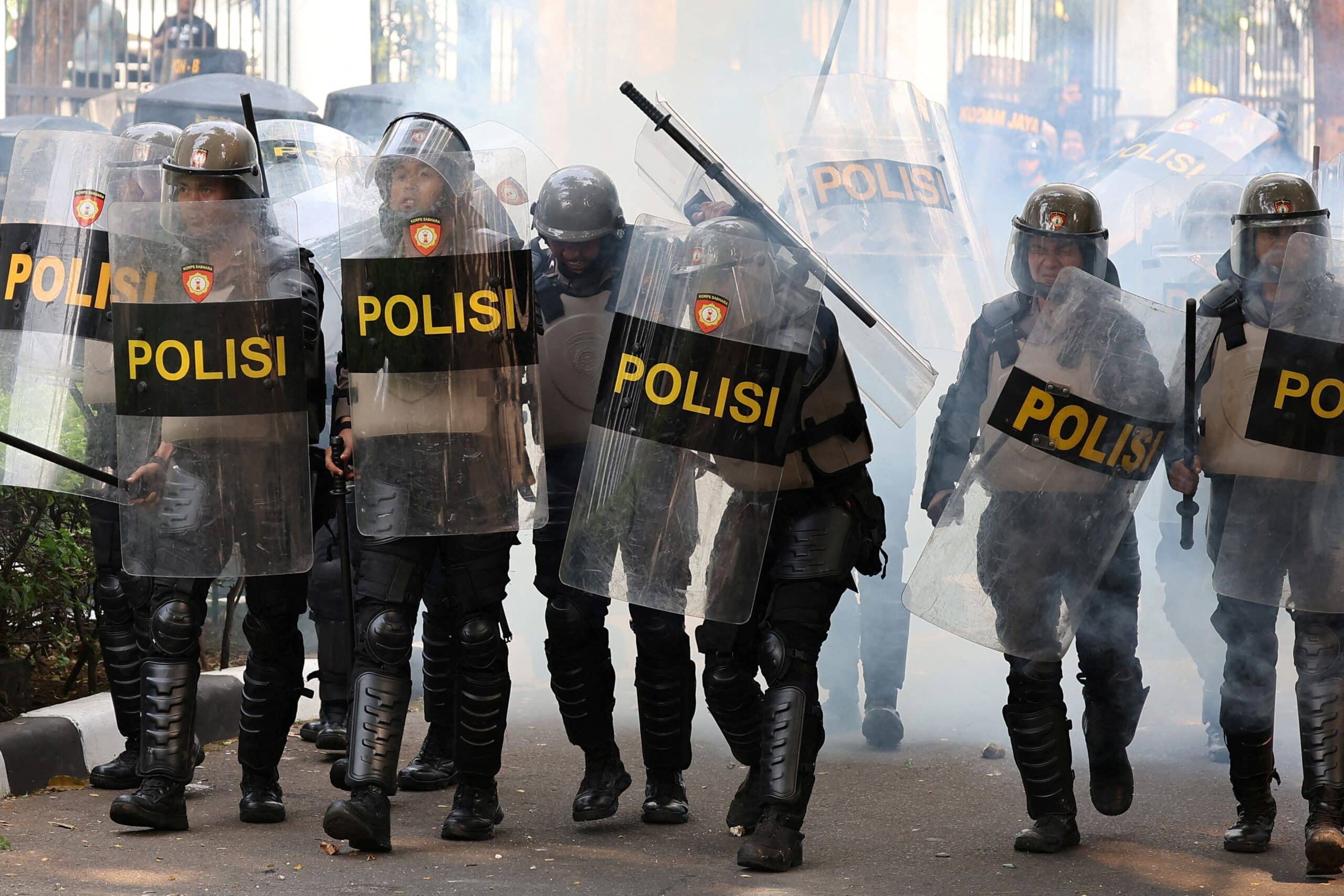Indonesia’s Politicians Face Salary Cuts in Effort to Address Rising Unrest

Indonesian political parties have reached an agreement to reduce certain state-funded benefits for lawmakers in response to widespread protests across the nation. President Prabowo Subianto announced this decision amid escalating demonstrations that have sometimes turned violent. The protests, which have erupted in several cities, including Jakarta, are largely driven by public outrage over a significant increase in lawmakers’ allowances, as well as other pressing social issues.
Protests Sparked by Lawmaker Allowances
The recent protests in Indonesia have been fueled by a variety of grievances, but a key issue has been the controversial increase in monthly allowances for parliamentarians. Lawmakers are set to receive an additional 50 million rupiah (approximately $3,030), a figure that is nearly ten times the minimum wage in Jakarta. This decision has sparked outrage among citizens, particularly in light of ongoing economic challenges. The situation escalated dramatically following the tragic death of Affan Kurniawan, a 21-year-old ride-sharing driver, who was killed by a police vehicle during a protest. His death has intensified public anger and led to accusations of police brutality.
In response to the unrest, President Prabowo announced on Sunday that the government would scale back some of the perks enjoyed by lawmakers, including their allowances. He also indicated that a moratorium on overseas trips for lawmakers would be implemented. However, the president’s concessions may not be sufficient to quell the growing dissent among the populace.
Violence and Clashes with Police
The protests have not only been marked by demonstrations but also by violence and clashes between protesters and law enforcement. Over the weekend, police in central Jakarta resorted to firing tear gas to disperse crowds, while some demonstrators retaliated by throwing Molotov cocktails and firecrackers at police compounds. The unrest has led to tragic outcomes, including the deaths of three individuals after protesters set fire to a regional parliament building.
The Indonesian government has faced criticism for its handling of the protests. President Prabowo condemned the violence and ordered police and military forces to take decisive action against looting and property damage. Reports indicate that the home of Finance Minister Sri Mulyani Indrawati was among those targeted by looters. The president expressed his shock and disappointment over the actions of the police, who have been accused of using excessive force during the protests.
Public Response and Future Implications
Despite the government’s attempts to address the protesters’ concerns, many demonstrators remain unsatisfied. Muzammil Ihsan, the head of the All Indonesian Students’ Executives Body, stated that the government’s concessions are “not enough” and called for further demonstrations. Protesters are demanding higher wages, lower taxes, and stronger anti-corruption measures, indicating that the issues at hand are deeply rooted in the socio-economic fabric of the country.
The ongoing protests represent a significant challenge for President Prabowo, marking the first major test of his leadership since taking office in October. Critics have raised concerns about the potential return to authoritarian practices, given Prabowo’s controversial past and allegations of human rights abuses. As the situation unfolds, it remains to be seen how the government will navigate these challenges and whether it can restore public trust.
Looking Ahead
As protests continue, the Indonesian government faces mounting pressure to address the underlying issues that have led to public discontent. The recent demonstrations highlight a growing demand for accountability and reform within the political system. With the president’s recent announcements, the focus will be on whether these measures can effectively quell the unrest or if they will merely serve as a temporary solution to a much larger problem. The coming days will be crucial in determining the trajectory of Indonesia’s political landscape and the government’s ability to respond to the needs of its citizens.
Observer Voice is the one stop site for National, International news, Sports, Editor’s Choice, Art/culture contents, Quotes and much more. We also cover historical contents. Historical contents includes World History, Indian History, and what happened today. The website also covers Entertainment across the India and World.

